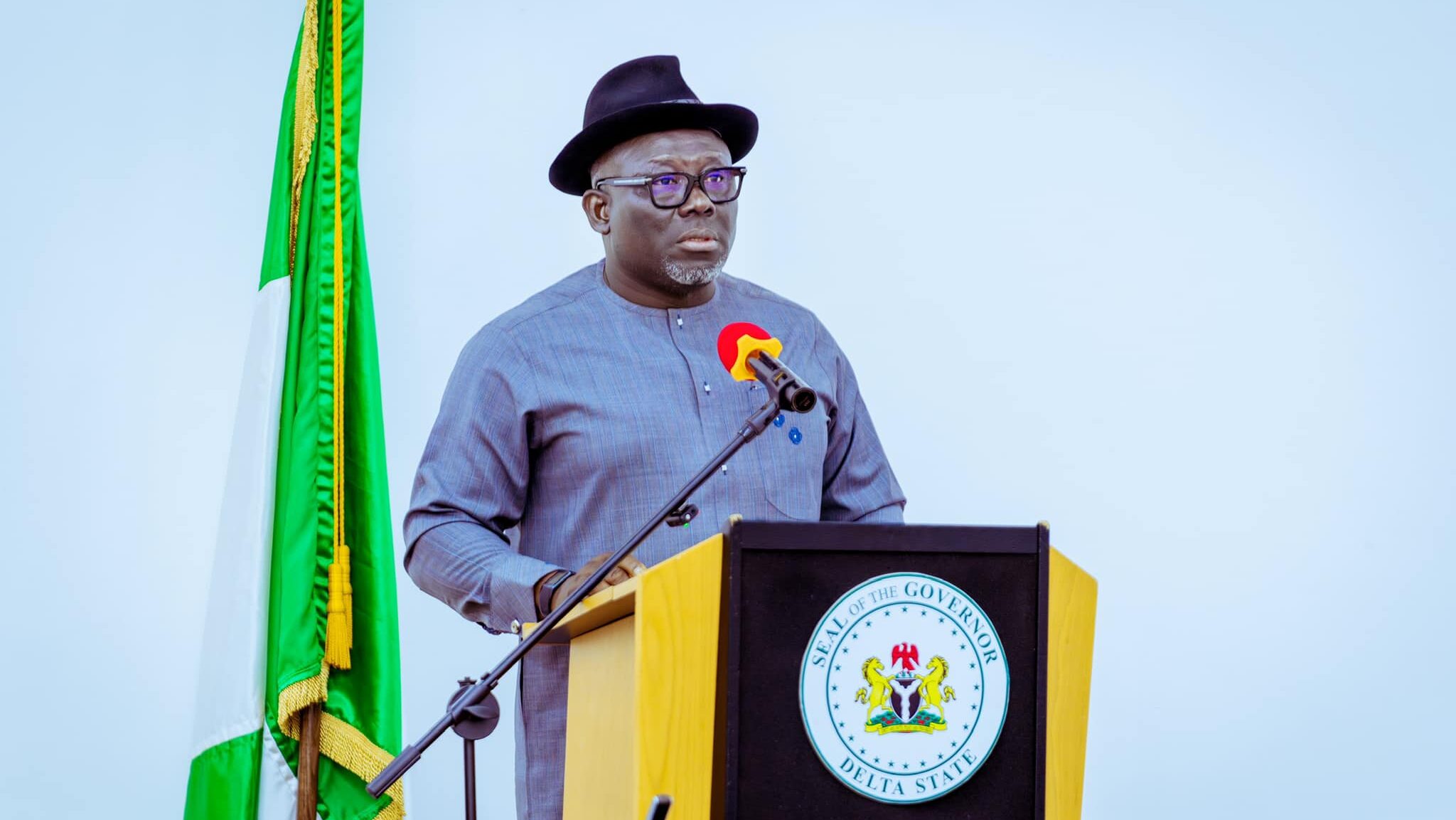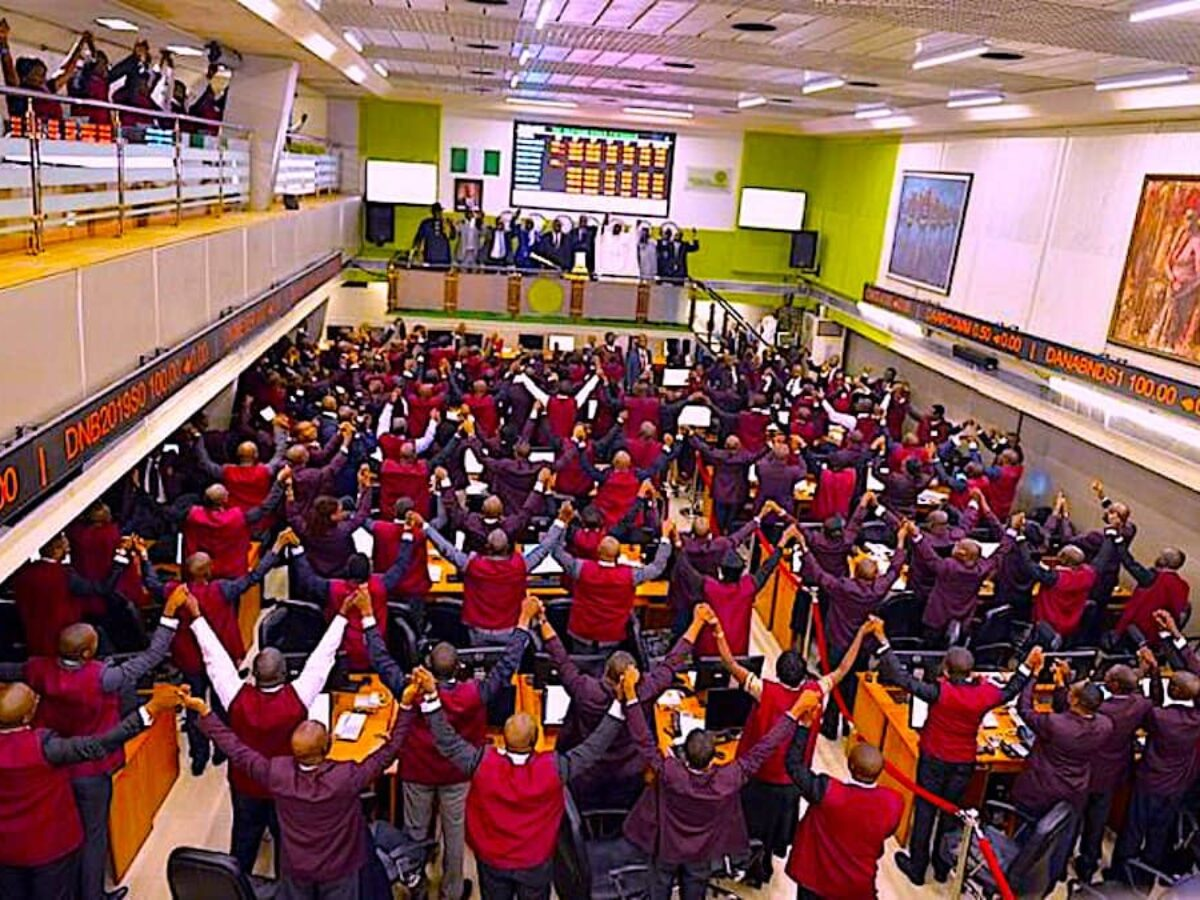* Ndume wants Igbo inclusion as Musa says IBB’s son will transform BOA
Sunday Aborisade in Abuja
President Bola Tinubu’s recent wave of appointments into the governing boards of key federal agencies have triggered both commendation and caution from high-ranking legislators.
The federal lawmakers — Senators Ali Ndume and Sani Musa — praised the move as a strategic step for national cohesion.
Ndume however raised concern over continued regional imbalance, particularly the exclusion of the South-east.
Ndume, a former Senate Leader and representative of Borno South Senatorial District, nevertheless, hailed the appointments as a positive signal to the northern region.
He noted that it was a demonstration of the president’s responsiveness to political sentiments.
Ndume, however warned that overlooking the South-east in federal appointments runs counter to the principles of equity and federal character enshrined in the Nigerian Constitution.
The lawmaker, in a statement in Abuja, said: “These appointments, like those earlier made in May, where 12 key agencies were handed to competent individuals from the north, are a strong signal that President Tinubu is listening.
“It reflects his understanding of the importance of national cohesion and regional inclusivity.”
Among the latest appointees is Muhammad Babangida, a son of former military president Ibrahim Babangida, who now chairs the revitalised Bank of Agriculture (BOA).
Others include Lydia Kalat Musa (Chairperson, Oil and Gas Free Zones Authority), Jamilu Wada Aliyu (Chairman, National Educational Research and Development Council), and Yahuza Ado Inuwa (Director-General, Standards Organisation of Nigeria).
Additional key positions were assigned to prominent northerners such as Sanusi Musa (Chairman, Institute for Peace and Conflict Resolution); Prof. Al-Mustapha Aliyu (DG, Directorate of Technical Cooperation in Africa); Sanusi Garba Rikiji (DG, Nigerian Office for Trade Negotiations); and Abdulmumini Aminu-Zaria (Executive Director, Integrated Water Resources Management Commission).
Ndume welcomed these choices as a “corrective gesture” in addressing previous perceptions of neglect in the north.
Yet, he was unequivocal in cautioning that the continued marginalisation of the South-east could worsen national discontent.
According to him, “The wrong narrative that the South-east has been abandoned and would not count in the distribution of patronage should not be allowed to linger.
“It is even a breach of the Federal Character Principle to strip an entire region of adequate representation. This is a significant misstep that must be corrected.”
He urged President Tinubu to take proactive steps in future appointments to reflect the full ethnic and regional diversity of Nigeria, warning that sustainable unity cannot be built on the marginalisation of any zone.
From the South-eest, only Oyo State’s Tomi Somefun secured a major role, as Managing General of the National Hydro-Electric Power Areas Development Commission.
However, the South-east remained conspicuously absent from the latest appointment list.
Observers note that Kano and Kaduna States alone produced five appointees (three and two, respectively), while Sokoto and Zamfara also featured prominently, underscoring a north-heavy tilt.
“This trend, if continued, analysts warn, may deepen existing political grievances and fuel regional alienation.
In a related development, Senator Sani Musa, Chairman of the Senate Committee on Finance and representative of Niger East, has thrown his full support behind the appointment of Muhammad Babangida to the BOA.
He described it as a timely and strategic move in line with Nigeria’s agricultural transformation agenda.
He said: “This appointment comes at a crucial time when the Bank of Agriculture is being repositioned to serve as a cornerstone of the Renewed Hope Agenda.
“Muhammad Babangida’s leadership will be critical in unlocking access to credit for farmers, empowering rural entrepreneurs, and rebuilding institutional trust in agricultural financing.”
Musa highlighted Babangida’s academic and leadership credentials.
He noted his Bachelor’s degree in Business Administration and Master’s in Public Relations and Business Communication from the European University in Switzerland, as well as his completion of the Executive Programme on Corporate Governance at Harvard Business School.
He described the BOA as a “sleeping giant” whose revitalisation under Babangida’s leadership could play a transformative role in food security, rural development and the wider agribusiness ecosystem.
The senator said: “This is more than a personal achievement. It is a national signal that Nigeria is ready to take bold steps towards sustainable agricultural development.
“As the country faces pressing challenges around food inflation, import dependency and rural unemployment, Babangida’s appointment is not just an administrative reshuffle, but a strategic investment in Nigeria’s future.”
With support for the appointments coming from influential quarters, including from the north, attention now turns to how the Tinubu administration addresses the issue of regional inclusivity going forward.
Ndume’s intervention, seen as both loyal and corrective, echoes a growing consensus that true national unity will remain elusive without equal representation of all regions, including the South-east, in key governance structures.


